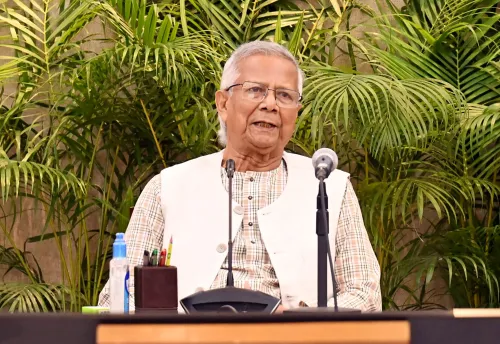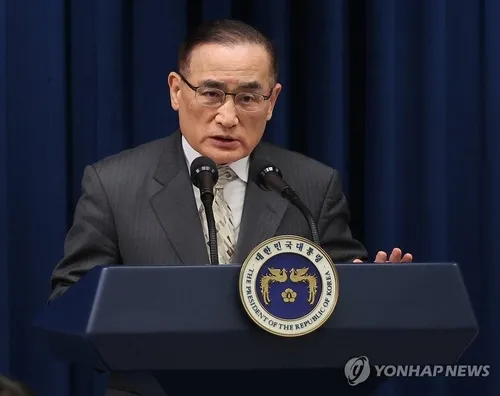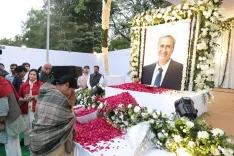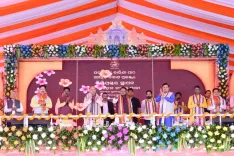How Did the Indian Envoy in Sri Lanka Express Gratitude for Support Against Terrorism?
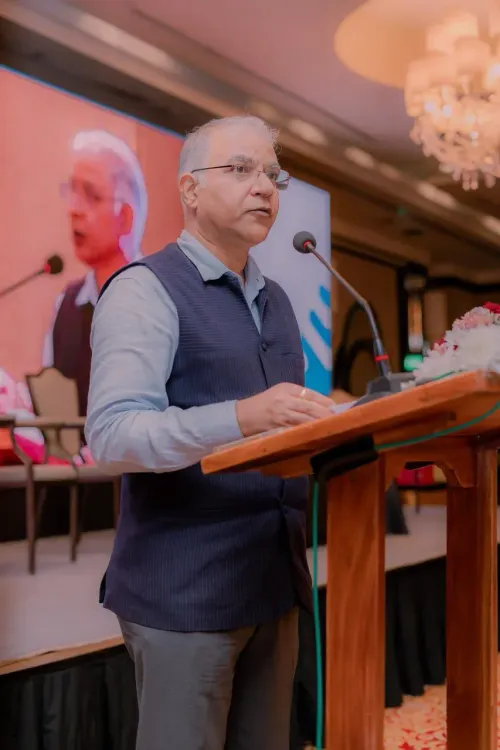
Synopsis
Key Takeaways
- India's Operation Sindoor targets terrorism effectively.
- Sri Lanka's support highlights international solidarity against terrorism.
- Hostilities in the region are influenced by Pakistan's actions.
- Trust and collaboration are essential in foreign relations.
- Zero tolerance for terrorism is a shared principle between India and Sri Lanka.
Colombo, May 19 (NationPress) The Indian High Commissioner to Sri Lanka, Santosh Jha, expressed his sincere appreciation to the Sri Lankan government for their unequivocal condemnation of terrorism and for standing with the victims of the horrific Pahalgam terror attack on April 22, which claimed 26 lives.
In a discussion with the prominent Sri Lankan publication, Daily Mirror, Jha emphasized that 'Operation Sindoor', initiated by India following the Pahalgam attack, is an enduring commitment to combat terrorism.
“As long as Pakistan maintains peace and takes decisive actions to renounce terrorism against India, hostilities can be avoided. The responsibility for any conflict in the region rests solely on Pakistan. Any terrorist act will be perceived as an act of war, and an appropriate response will be executed,” he remarked.
India commenced Operation Sindoor on May 7, which involved targeted strikes on nine critical terrorist bases located in Pakistan and Pakistan-occupied Kashmir (PoK).
Jha affirmed that while these terror sites were neutralized, Indian forces ensured that civilians were not harmed; in contrast, Islamabad targeted India's military, civilian, and religious infrastructures.
“Our response was measured and proportionate, aimed at avoiding escalation. We communicated this intent to the Pakistani authorities, hoping for cooperation to dismantle terrorist strongholds. Unfortunately, Pakistan opted to align with terrorists and launched an attack on India the following evening, targeting military facilities, educational institutions, places of worship, and residential areas,” he elaborated.
“Consequently, India had to respond in kind, albeit still with a focus on Pakistani military targets. Pakistan's persistent aggressive stance compelled India to act on May 10, targeting their military installations, inflicting considerable damage to 13 airbases. This significant impact on Pakistan's military assets prompted them to initiate dialogue with India, resulting in a mutual agreement to halt hostilities,” Jha stated.
Highlighting the global nature of terrorism, the High Commissioner noted that all nations must unite against it. He recalled that during the Easter terror attacks in Sri Lanka, Prime Minister Narendra Modi was the only world leader to visit the nation, showcasing India’s solidarity with the affected.
He reiterated that the guiding principle of Operation Sindoor is zero tolerance towards terrorism, adding that Sri Lanka has also been a victim of terrorism and understands this principle.
Thanking President Anura Kumara Dissanayake, Jha remarked, “As a nation that has recently endured the devastating effects of terrorism, Sri Lanka comprehends the pain and destruction it inflicts on communities and economies.”
“Sri Lanka is a pivotal part of India's Neighbourhood First policy. Our current relations are characterized by exceptional trust and goodwill across all levels. We also have energy connectivity projects with other neighbors like Bhutan, Nepal, and Bangladesh,” Jha noted, addressing Colombo's interest in energy sector collaboration with India.
On the topic of the suspension of the Indus Water Treaty (IWT), Jha stated that Pakistan has consistently exhibited a hostile approach towards India, particularly through its state-sponsored terrorism.
“Pakistan is recognized globally as a hub of terrorism. Nearly every significant terrorist incident worldwide in the past three decades has had Pakistan's involvement or influence,” he concluded.




